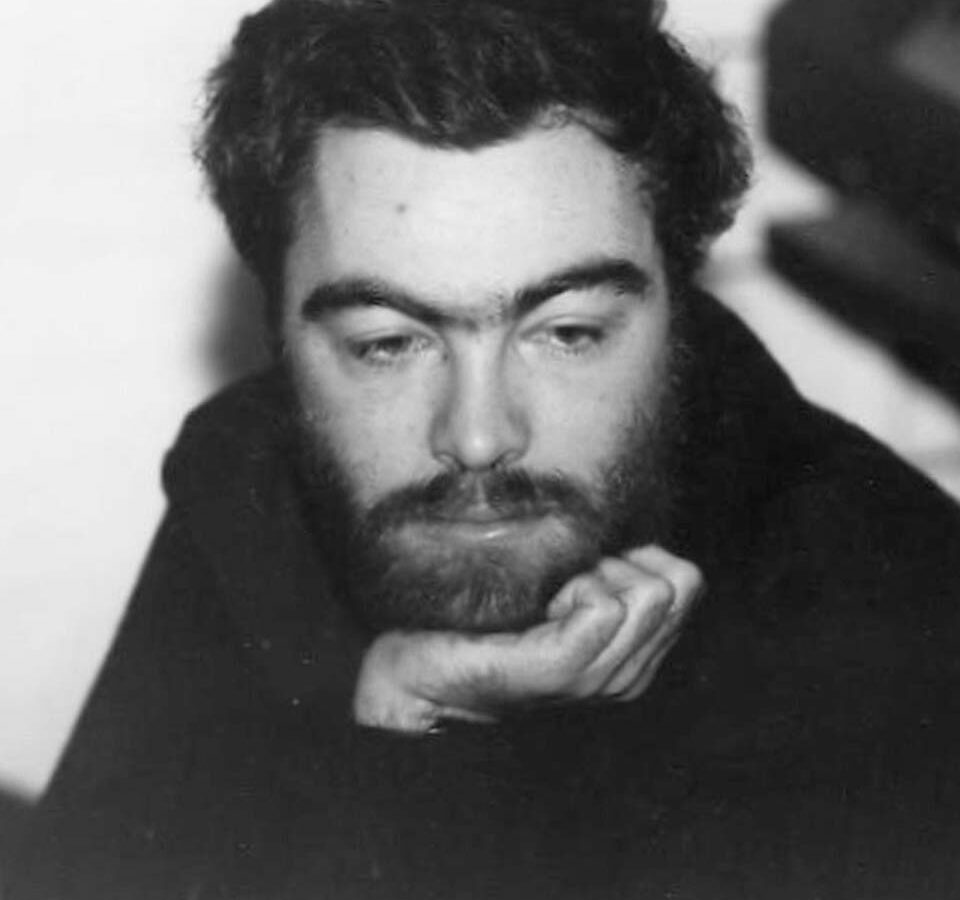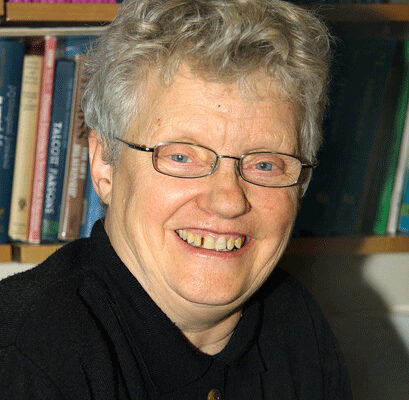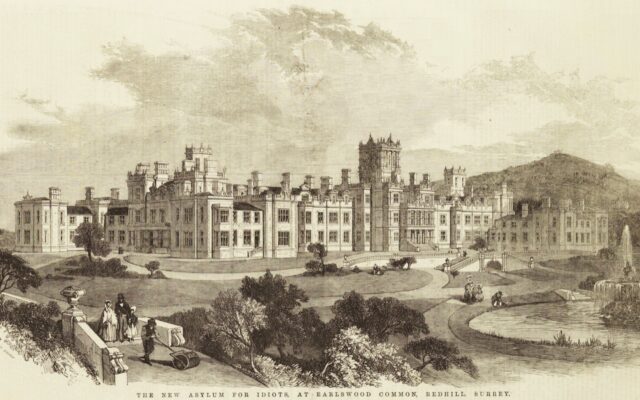In 1972, the Campaign for Mentally Handicapped People – which became Values Into Action – sponsored a conference. It was the first event of its type for people with learning disabilities.
Held in Wallingford, this was a “speaking up” event, where delegates from all over the country were encouraged to speak out about their experiences and what they wanted in life.
Although there had been individual self-advocates within the learning-disabled community before 1972, this marked the start of group self-advocacy in England. Most of these groups were established within services, inspired by those in the US.
The aim of these early meetings was simply to be inclusive, encouraging participation from people with learning disabilities as well as staff and carers in the hope that sharing experiences would foster greater understanding and equality.
The 1980s saw self-advocacy groups emerge from services to become increasingly independent. Organisations such as the London Participation Forum or committees based in day centres, while significant, had been hamstrung by built-in power imbalances that saw decisions made by staff, parents and carers.
This began to change in 1984. The first International Self-Advocacy Conference, organised by the People First movement in North America, was held in Tacoma, Washington.
A delegation of self-advocacy activists from England attended, one of whom was Gary Bourlet, who is now membership and engagement lead at Learning Disability England.
On his return, he co-founded England’s inaugural People First group: People First London and Thames.
Bourlet followed this up with a letter campaign to adult training centres and a programme of talks up and down the country, encouraging others to found similar groups.
Activists also visited long-stay hospitals to inform patients about self-advocacy and the key issue of deinstitutionalisation.
By 1988, England’s self-advocacy movement was so significant that London was chosen as the location of the second International Self-Advocacy Conference.
Never did I think: I can go from having no choices to speaking at an international conference and running my own company. But I did.
Activists continued their evangelising work into the 1990s. However, they suffered from a lack of funding and pushback from social services and day centre staff, who started to see them as troublemakers.
There were also rivalries and disputes between groups, which, significantly, thwarted plans to set up a national People First body.
Nevertheless, the People First movement continued to expand into different regions and interest groups, with 1993 seeing successful Women First and Black People First conferences.
In 1996, Ian Davies and Karen Spencer became the first people with learning disabilities to give a presentation at the International Association for Scientific Study of Intellectual Disabilities.
Davies captured the power of self-advocacy when he mused: “Never did I think: I can go from having no choices and being forced to attend a day centre to speaking at an international conference, running my own company and forcing organisations to make things better for people like me. But I did.”
The significance of self-advocacy was recognised in the 2001 Valuing People white paper. Written after consultation with People First and others in this burgeoning community, it was issued in easy- read format and promised funding.
It also established the National Forum for People with Learning Disabilities. England was split into nine regions, each with its own forum that reported back to the national forum on local concerns.
The forum had a number of flaws – significantly, users found the structure difficult to navigate. Nonetheless, it provided a means for people with learning disabilities to have a say in policies directly affecting their lives.
It was also involved in campaigns as well as the No Secrets review to protect vulnerable adults in care, and published valuable guides to self-advocacy.
The government withdrew the forum’s funding in 2017, but self-advocacy and the need to speak up remain as important as ever.
Brighton and Hove Speak Out. 50 Years of Speaking Up. 2022. https://www.youtube.com/watch?v=PHqR0KES5bs
Walmsley J, Davies I, Garratt D. 50 years of speaking up in England – towards an important history. British Journal of Learning Disability. 2020;50:208-219





